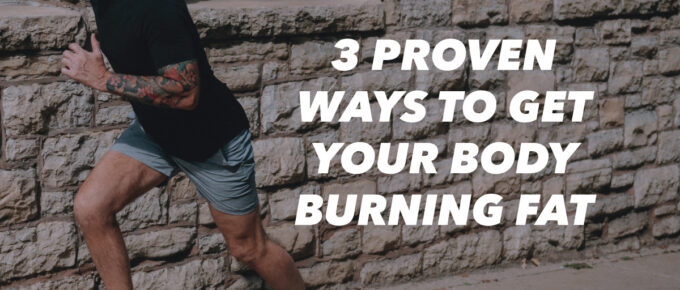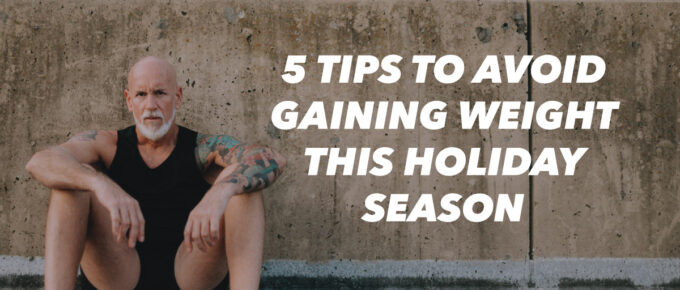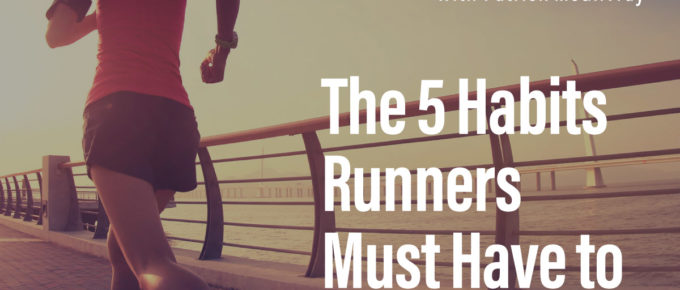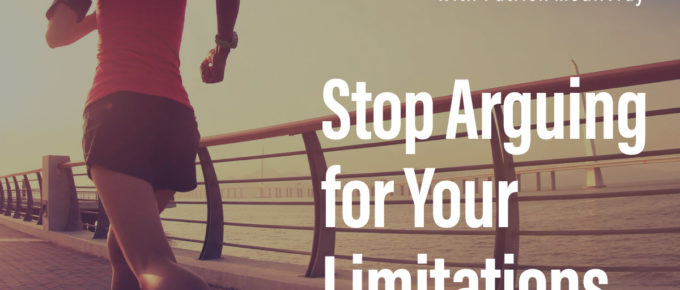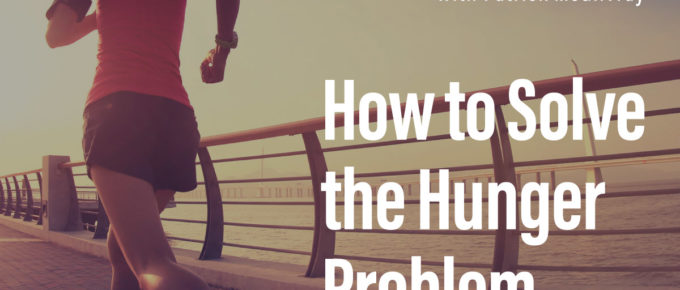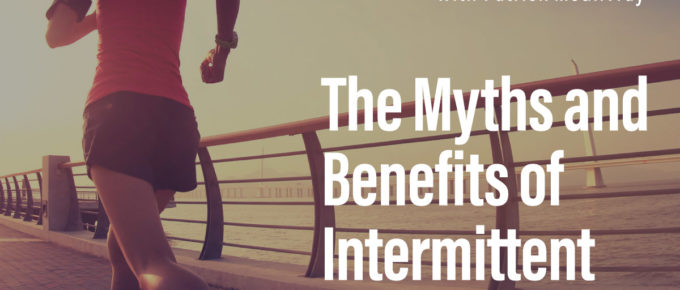There’s a lot of conflicting information out there in the world today about proper nutrition, the best ways to lose weight, what types of exercise are best for weight loss, and on and on. But I …
Continue Reading about 163. 3 Proven Ways to Get Your Body Burning Fat →

